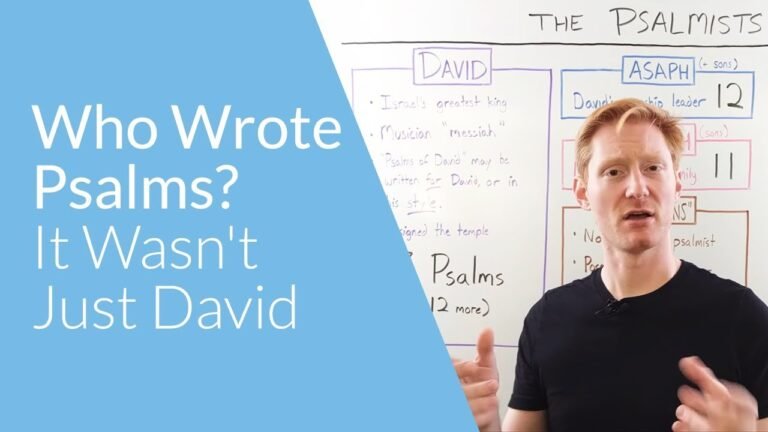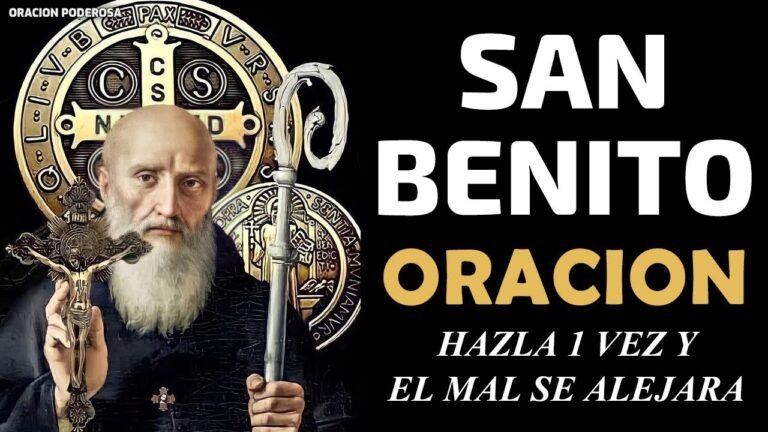The Authorship of the Psalms: Unraveling the Mysteries
The Book of Psalms, a cornerstone of biblical literature, has captivated readers for centuries with its profound poetry and heartfelt expressions of faith. But who wrote these timeless verses? Traditionally attributed to figures like King David, the authorship of many psalms remains a topic of scholarly debate. As we delve into the origins and contributions of various writers, we uncover the rich tapestry of spiritual insights and historical context that shape this beloved collection.
Who wrote the Psalms in the Bible?
The Book of Psalms, a profound collection of sacred hymns and prayers in the Bible, is traditionally attributed to a diverse group of authors. These include notable figures such as Adam, Melchizedek, Abraham, Moses, and David, reflecting a rich tapestry of spiritual insight across different eras. Each psalm captures a unique aspect of human experience, from deep sorrow to jubilant praise, showcasing the timeless relevance of these ancient texts.
Jewish tradition holds that the final compilation of the Psalms was completed by the Men of the Great Assembly, an influential group of scholars and leaders. This collective effort ensured the preservation and organization of these poetic works, allowing future generations to draw from their wisdom and inspiration. The collaborative nature of the Psalms’ authorship emphasizes the shared spiritual heritage that continues to resonate with millions today.
How many psalms did David write?
David is credited with composing at least 75 psalms, with 73 explicitly attributed to him in the text. His influence is further underscored by references in the New Testament, where Acts 4:25 affirms his authorship of Psalm 2 and Hebrews 4:7 cites Psalm 95 as his work. This extensive body of psalmody highlights David’s profound connection to spiritual expression and his lasting impact on biblical literature.
What motivated David to write the psalms?
As the King of Israel, David composed the psalms to uplift and inspire his people, particularly his soldiers, urging them to maintain a steadfast heart before God. His writings served as a vital reminder to keep faith and perspective, especially in the face of surrounding adversities. Through his poetic expression, David sought to fortify his nation’s spirit, encouraging them to trust in divine guidance amid their challenges.
Discovering the Voices Behind the Verses
In the world of poetry, each line serves as a window into the soul of the poet, revealing their thoughts, emotions, and experiences. Delving into the intricacies of verse allows us to uncover the unique voices that shape the literary landscape. From the rhythmic cadences of classic sonnets to the raw authenticity of contemporary free verse, each poem is a testament to the diverse perspectives that coexist within the art form. As we explore these voices, we gain insight not only into the minds of the poets but also into the universal themes that connect us all.
The beauty of poetry lies in its ability to transcend barriers and resonate with readers from all walks of life. By engaging with the verses crafted by various poets, we open ourselves to a rich tapestry of ideas and emotions that challenge our perceptions and inspire introspection. Whether it’s the haunting imagery of nature or the poignant reflections on love and loss, each poet offers a distinct lens through which we can view the world. In this journey of discovery, we find that the voices behind the verses invite us to listen, reflect, and ultimately connect on a deeper level with the human experience.
Who Wrote the Psalms? A Journey Through History
The Psalms, a profound collection of poetic verses, have captivated hearts and minds for centuries. Traditionally attributed to King David, these ancient songs of worship, lament, and praise reflect the depth of human emotion and the complexity of the relationship with the divine. However, the authorship of the Psalms is more intricate than a single figure; various writers, including Asaph, the Sons of Korah, and Solomon, contributed to this rich tapestry of spiritual expression.
Exploring the historical context of the Psalms reveals a diverse community of voices influenced by their times. The Israelites faced numerous challenges, from exile to warfare, and these experiences significantly shaped their lyrical responses to God. Each psalm serves as both a personal and communal reflection, allowing the people to articulate their struggles, joys, and hopes, thus creating a profound legacy that resonates through generations.
As we journey through the history of the Psalms, we uncover not only the identities of their authors but also the enduring themes that continue to inspire. These writings speak to the universal human experience, offering solace and guidance in moments of despair and celebration. The Psalms stand as a testament to the enduring power of faith and creativity, inviting all to engage with their timeless messages of hope and resilience.
Unveiling the Secrets of Sacred Song
Throughout history, sacred songs have served as powerful conduits of spiritual expression and communal identity. These melodies, often steeped in tradition, encapsulate the beliefs and values of diverse cultures, resonating deeply within the hearts of those who sing them. From ancient chants to contemporary hymns, the evolution of sacred music reveals a rich tapestry woven with threads of faith, history, and human emotion.
As we delve into the secrets of these divine harmonies, we uncover the profound impact they have on individuals and communities alike. Sacred songs often provide solace during times of despair, foster a sense of belonging, and inspire acts of devotion. Their ability to transcend language and cultural barriers speaks to a universal longing for connection, making them timeless instruments of unity and hope.
Moreover, the study of sacred music unveils intricate layers of meaning and symbolism embedded within the lyrics and melodies. Each note and phrase can carry profound significance, reflecting the spiritual journey of both the individual and the collective. By embracing these sacred songs, we not only honor our shared heritage but also enrich our own spiritual experiences, inviting us to explore the depths of our beliefs and the beauty of our shared humanity.
The Hidden Hands: Authors of the Psalms
The Book of Psalms stands as a timeless collection of poetic reflections, prayers, and hymns that resonate deeply with human experience. While traditionally attributed to figures like David and Asaph, the true authorship of many psalms remains shrouded in mystery. This anonymity invites readers to explore the universal themes of struggle, hope, and devotion that transcend individual identities, allowing each psalm to connect with the diverse tapestry of human emotions throughout the ages.
These hidden hands behind the psalms reveal a rich tapestry of voices, each contributing to a communal narrative of faith and resilience. Some psalms emerge from moments of despair, where the authors express profound longing for divine intervention or solace. Others celebrate triumphs, reflecting gratitude and joy in the face of life’s blessings. This dynamic interplay of contrasting emotions not only enriches the text but also mirrors the complexity of our own spiritual journeys, inviting readers to find their own stories within these ancient words.
Ultimately, the Psalms invite readers to engage with a profound dialogue between the divine and the human spirit. The anonymity of their authors serves as a reminder that these sacred verses are not confined to a single time or place; rather, they echo the struggles and joys of countless individuals seeking connection with something greater than themselves. In embracing this collective voice, we discover that the psalms are not just relics of a distant past but vibrant expressions of faith that continue to inspire and uplift us today.
Exploring the Origins and Inspirations of the Psalms
The Psalms, a profound collection of poetic verses, have their roots deeply embedded in the ancient traditions of Hebrew worship, reflecting a rich tapestry of human emotion and divine connection. Each psalm serves as a window into the spiritual landscape of the time, drawing inspiration from personal experiences, communal struggles, and the natural world. From the heartfelt laments to the triumphant praises, these sacred songs encapsulate the complexities of faith, offering solace and guidance through the ages. The enduring power of the Psalms lies not only in their historical context but also in their ability to resonate with contemporary seekers, inviting them to explore the depths of their own spirituality.
The authorship of the Psalms remains a fascinating tapestry woven from the lives of various figures, including King David, Asaph, and the sons of Korah, each contributing their unique voices and experiences. This diversity not only enriches the text but also invites readers to explore the profound emotional and spiritual depth encapsulated within its verses. Understanding who wrote the Psalms allows us to appreciate the historical context and the enduring relevance of these ancient songs, which continue to inspire and resonate across generations.







